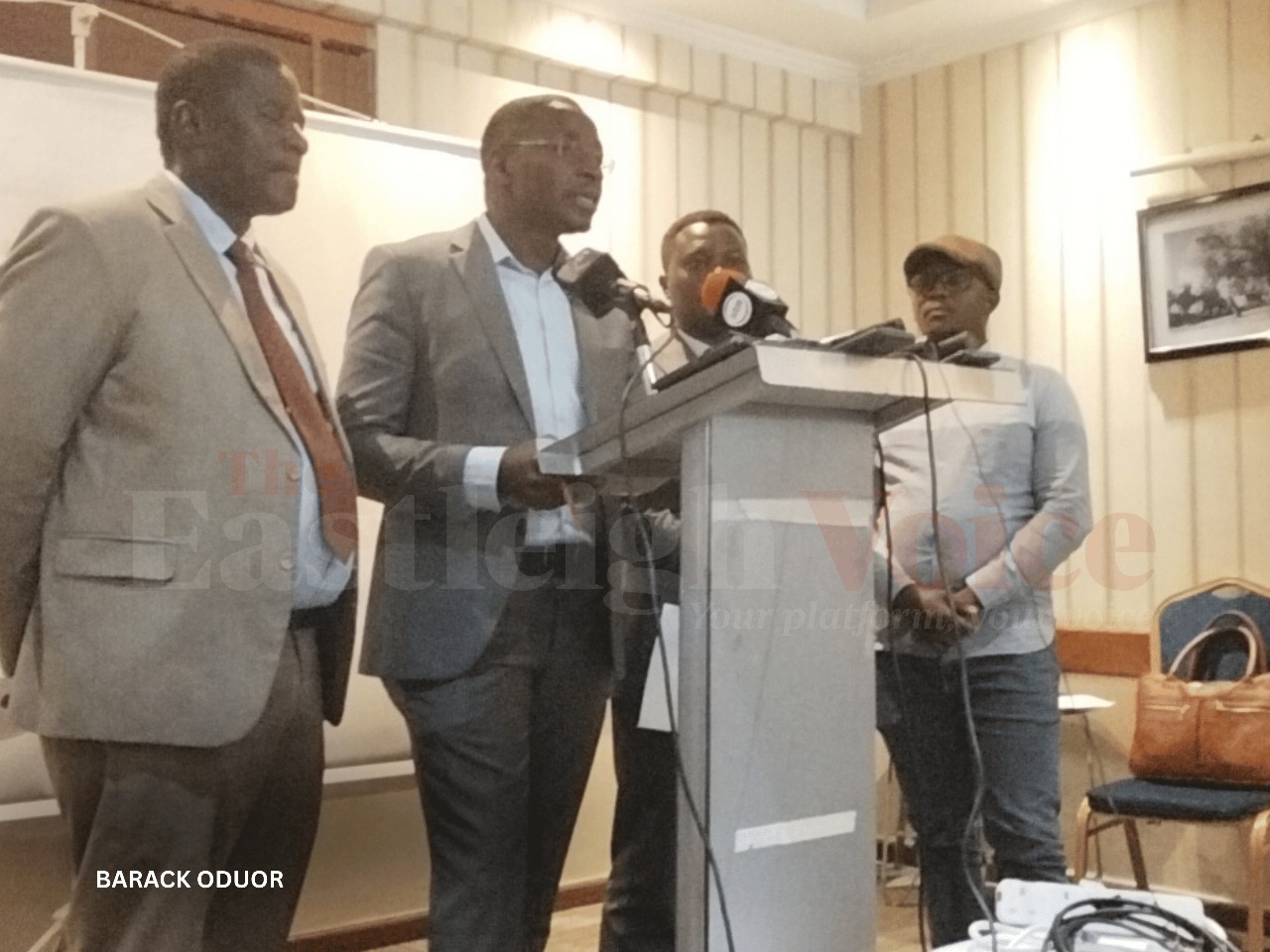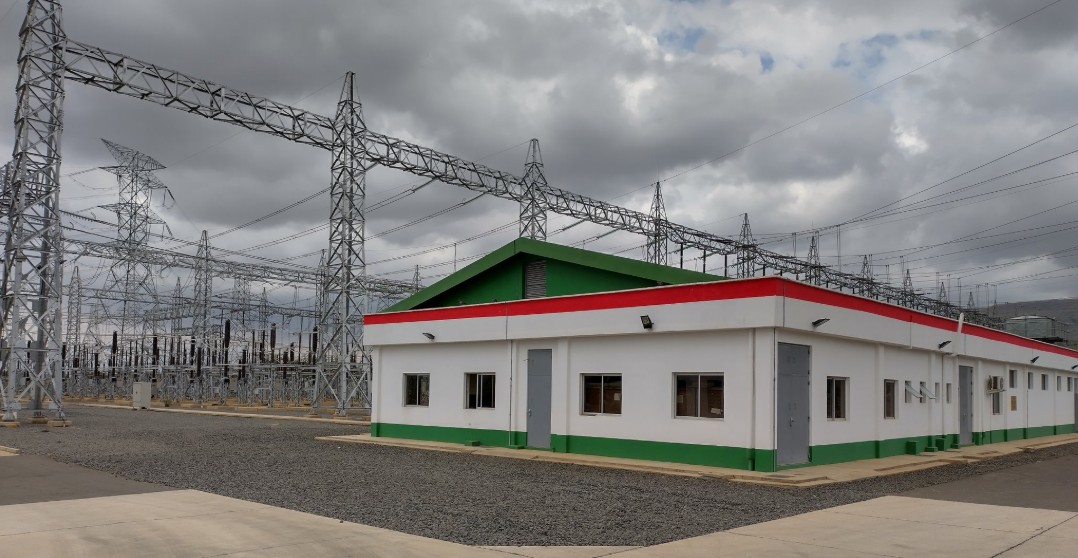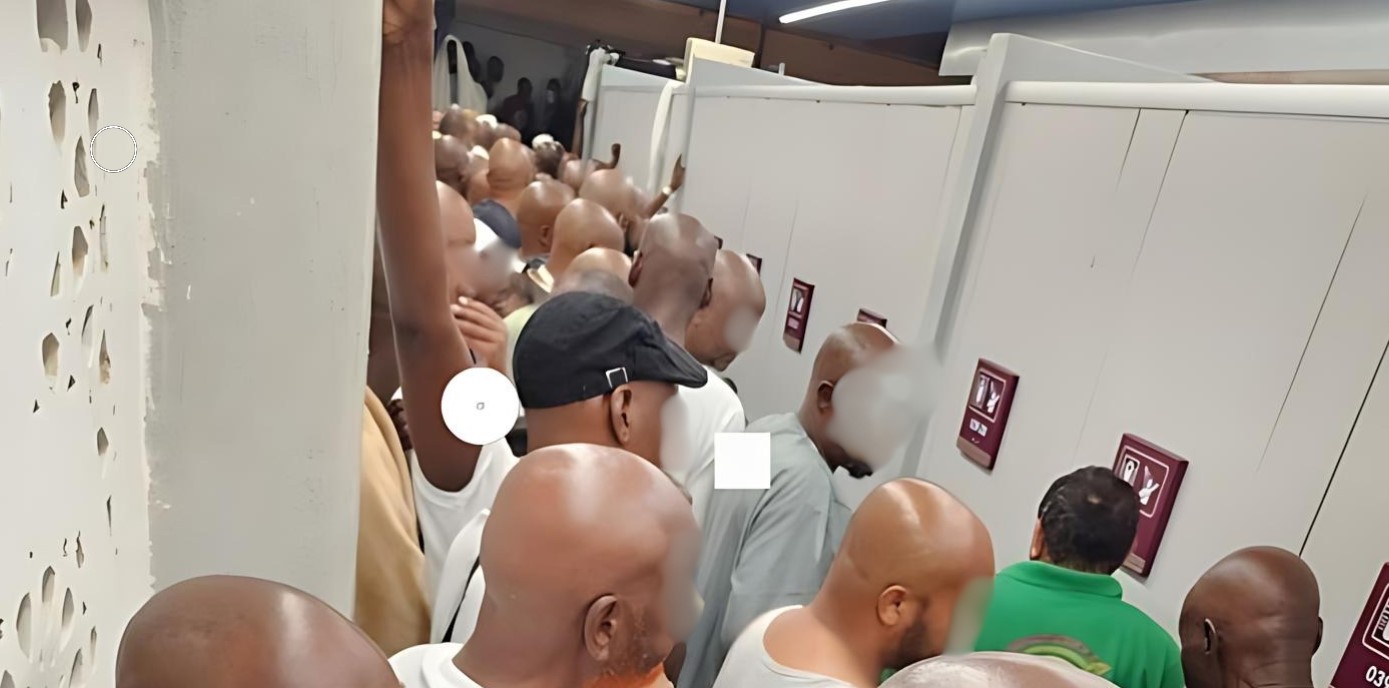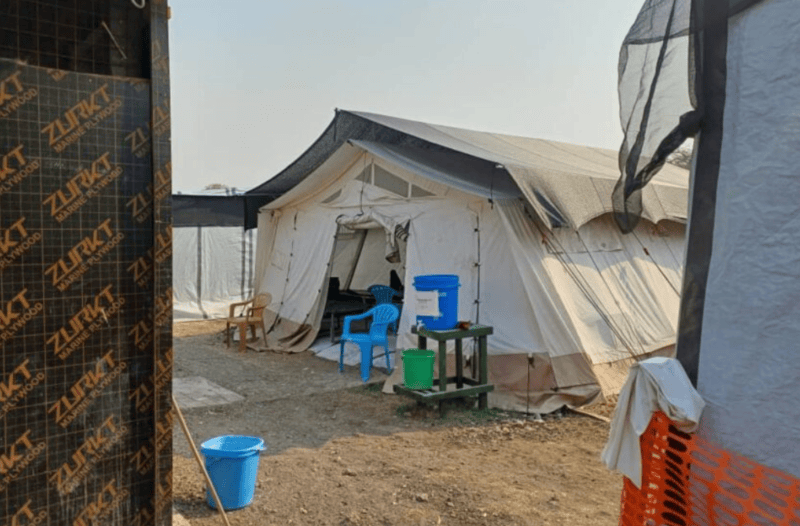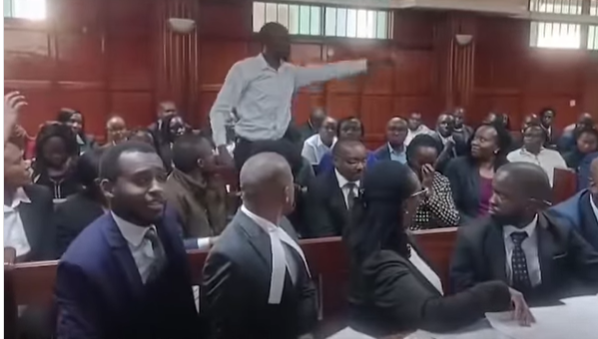No-protest zone: New Bill seeks to block demonstrations near protected areas, critical infrastructure
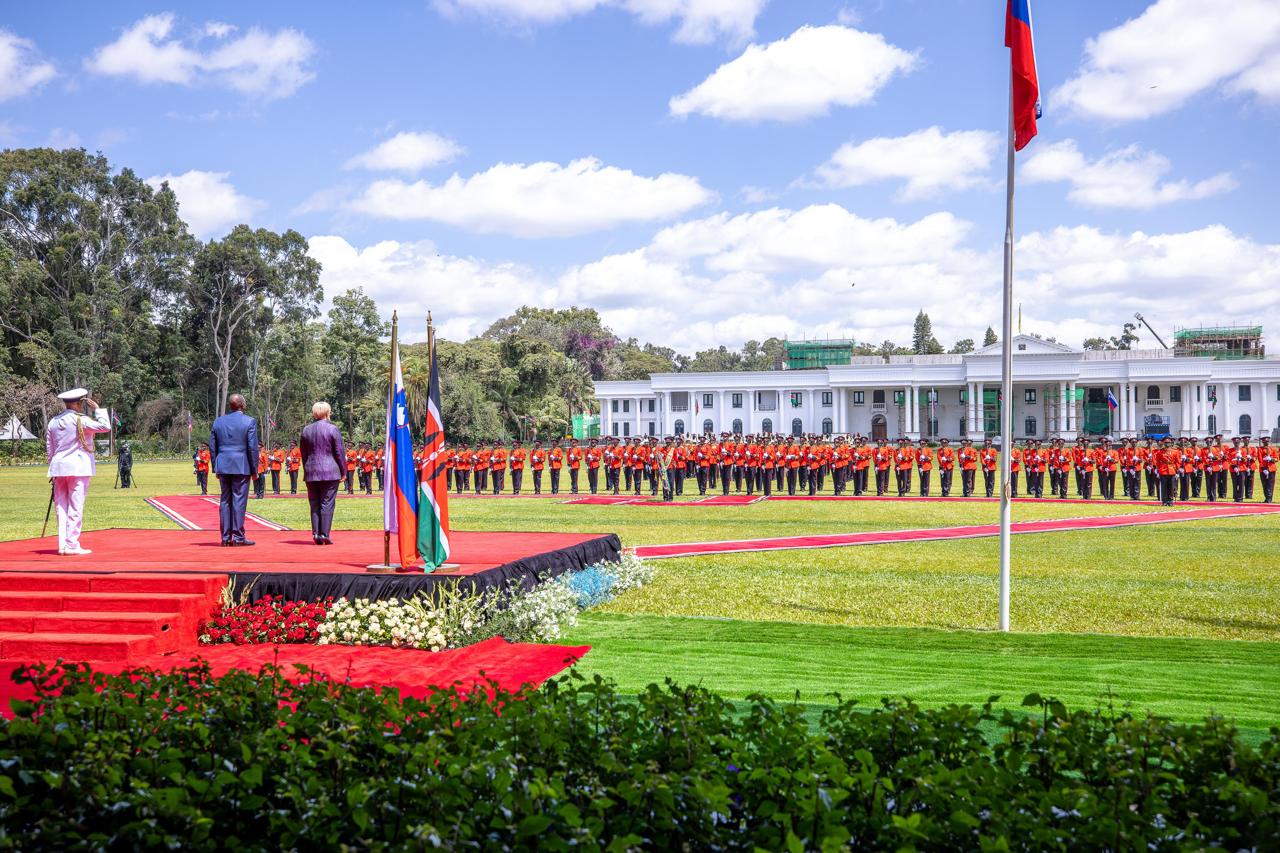
The Bill seeks to criminalise spontaneous demonstrations and places stricter obligations on protest organisers, including detailed advance notice and full legal responsibility for any damages.
A new Bill by Nairobi Woman Representative Esther Passaris is seeking to block all public gatherings near Parliament, courtrooms, and protected areas, in what is shaping up to be a fresh push to tighten how Kenyans hold demonstrations.
The Public Order (Amendment) Bill, 2025, proposes a 100-metre no-protest zone around critical national institutions.
More To Read
- DCI claims missing blogger Ndiangui Kinyagia incited public to occupy State House
- Sh100,000 fine: President William Ruto backs controversial Demonstration Bill 2024 amid backlash
- Police warn Gen Z protesters against State House march, cite Protected Areas Act
- Police push for change in law to bar demonstrators from being noisy during protests
- MPs reject proposed anti-demos Bill, says it risks violating constitutional rights
- Police warn against unauthorised protests ahead of Ruto’s State of the Nation address
It seeks to revise the current Public Order Act to give the cabinet secretary the power to designate specific assembly and demonstration zones in consultation with county governments. It also introduces new penalties for anyone who defies the restrictions.
“A person who contravenes the provisions of this section commits an offence and shall, on conviction, be liable to a fine not exceeding one hundred thousand shillings (Sh100,000) or to imprisonment for a term not exceeding three months or to both,” reads the proposal.
If passed, the law would give police and government officials more control over where and how protests take place.
Organisers would be required to avoid all areas within a 100-metre radius of Parliament buildings and any area listed under the Protected Areas Act, including courtrooms.
The existing Public Order Act already requires organisers to notify police of meetings or processions at least three days in advance, detailing names, locations, times, and dates.
The amendment builds on these provisions by introducing clear geographical limits to where such events can be held.
The Bill also gives the Cabinet Secretary authority to define and declare official protest zones, a move that would allow the government to steer public gatherings away from sensitive sites and central government buildings.
The Bill comes at a time when the government is showing renewed interest in regulating public protests.
A separate proposal, the Assembly and Demonstration Bill, 2024, introduced earlier by Public Service Cabinet Secretary Geoffrey Ruku, is also being revived.
The Bill seeks to criminalise spontaneous demonstrations and places stricter obligations on protest organisers, including detailed advance notice and full legal responsibility for any damages.
On Sunday, President William Ruto publicly threw his weight behind the Bill, stating: “We will have a conversation with the Judiciary and all the other actors, Members of Parliament. I think it is time we had a law that regulates how we carry out demonstrations in Kenya. We must protect the right of those who want to demonstrate, picket and protest, but equally, we must also protect the right of those who don’t want to participate in the demonstration. They want to go about their business. They want to go to work.”
While Ruku’s Bill serves as background, Passaris’ proposal focuses squarely on limiting physical access to government institutions during public actions.
Both Bills have drawn public interest in light of recent youth-led protests that took place outside Parliament and major institutions. If passed, the new law would make such gatherings illegal.
Top Stories Today
